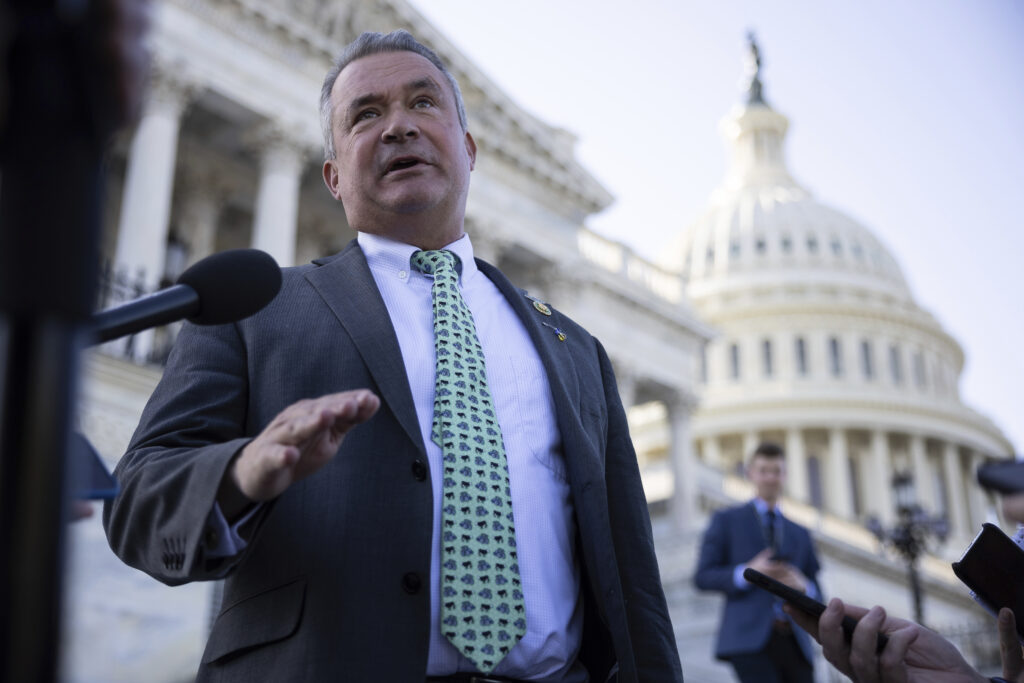Six Republican moderates in the House of Representatives are at a pivotal juncture as they prepare to cast their votes on proposed cuts to Medicaid, the federal and state program providing health insurance to low-income Americans. The decision, expected to unfold this week, could significantly impact millions of beneficiaries and shape the political landscape ahead of the upcoming elections.
The proposed cuts have been a point of contention, with these moderate Republicans previously expressing their opposition to substantial reductions in Medicaid funding. Their stance highlights the internal divisions within the party as it grapples with fiscal responsibility and social welfare commitments.
The Stakes for Medicaid
Medicaid serves as a lifeline for over 80 million Americans, including children, the elderly, and individuals with disabilities. The program’s funding has been a recurring target in budget negotiations, often seen as a way to reduce federal spending. However, the potential cuts have sparked concern among healthcare advocates and constituents who rely on these services.
According to the Center on Budget and Policy Priorities, proposed cuts could result in millions losing coverage or facing higher costs. This prospect has led to intense lobbying from healthcare organizations and patient advocacy groups urging lawmakers to reconsider.
Moderates in the Spotlight
The six Republicans, representing districts with significant Medicaid enrollment, have found themselves at the center of the debate. Their votes could determine the fate of the proposed budget cuts. Historically, these lawmakers have walked a fine line, balancing fiscal conservatism with the needs of their constituents.
One of the moderates, Representative John Smith, stated, “We must ensure that any changes to Medicaid do not harm the most vulnerable in our society. Our goal should be to improve efficiency without sacrificing essential services.”
“We must ensure that any changes to Medicaid do not harm the most vulnerable in our society.” — Rep. John Smith
Historical Context and Expert Opinions
This isn’t the first time Medicaid has faced potential cuts. Similar debates occurred during the 1990s and early 2000s, often resulting in compromises that preserved core benefits while introducing reforms aimed at reducing waste and fraud.
Healthcare policy expert Dr. Emily Carter notes, “The challenge is finding a balance between fiscal responsibility and maintaining a safety net for those in need. Past attempts have shown that cutting too deeply can lead to significant public backlash and unintended consequences.”
The current proposal comes amid broader discussions on healthcare reform and the federal budget, with Medicaid frequently spotlighted due to its size and scope.
Implications and Future Outlook
The outcome of this vote could have far-reaching implications. A decision to proceed with the cuts may energize opposition groups and influence voter sentiment in the upcoming midterm elections. Conversely, rejecting the cuts could strain party unity and complicate future budget negotiations.
As the House prepares for the vote, all eyes are on the moderates whose decision will not only impact their political careers but also the lives of millions of Americans dependent on Medicaid. The coming days will reveal whether these lawmakers can navigate the complex interplay of party loyalty, fiscal policy, and constituent needs.
Looking ahead, the debate over Medicaid underscores the ongoing challenge of balancing budgetary constraints with social welfare priorities—a theme likely to persist in American politics for years to come.
About The Author
 Newmark Facilitates Major Recapitalization of Industrial Portfolio with Blackstone
Newmark Facilitates Major Recapitalization of Industrial Portfolio with Blackstone Tesla Shares Climb as Expected Delivery Numbers Boost Investor Confidence
Tesla Shares Climb as Expected Delivery Numbers Boost Investor Confidence Coca-Cola Celebrates 30 Years with Essence Festival in New Orleans
Coca-Cola Celebrates 30 Years with Essence Festival in New Orleans Breakthrough in Trauma Care: New Method Speeds Up Emergency Treatment
Breakthrough in Trauma Care: New Method Speeds Up Emergency Treatment Mastering the Grill: Expert Tips from Chef Tyler Florence
Mastering the Grill: Expert Tips from Chef Tyler Florence